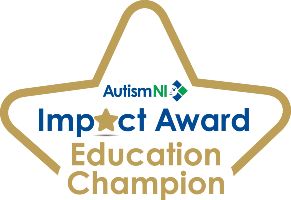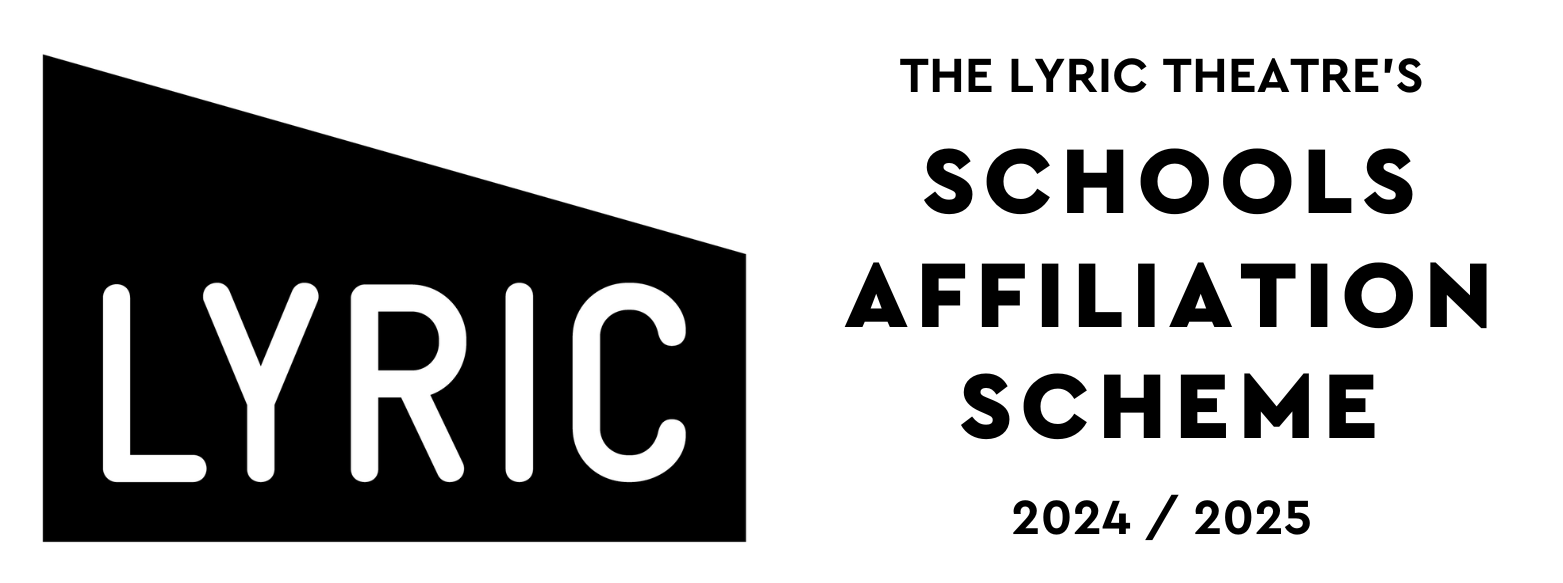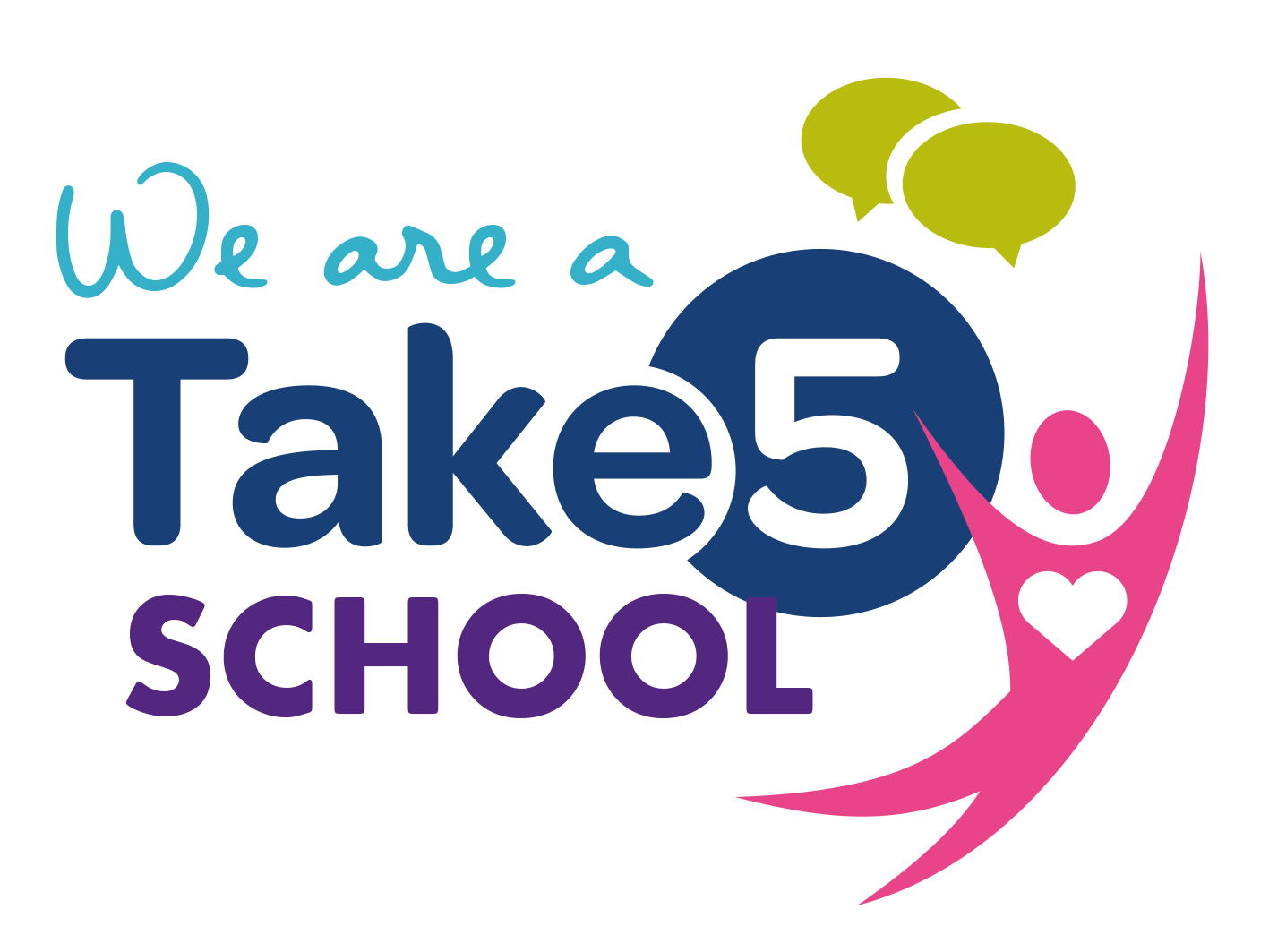Science
The Science Department strives to inspire, motivate and challenge pupils through a broad, coherent and practical programme of study at Key Stage 3.
Pupils are encouraged to develop their curiosity about the living, material and physical worlds and acquire insight into and experience of how science works. The Key Stage 3 curriculum enables students to engage with science and to make informed decisions about further study in science and related subjects and about career pathways possible through the study of the subject.
SPECIFIC AIMS OF THE DEPARTMENT
The Science Department aims to:
-
develop pupils’ knowledge and understanding of the material, physical and living worlds;
-
develop pupils’ understanding of the effects of science on society;
-
develop pupils’ understanding of the importance of scale in science;
-
provide pupils with opportunities to develop and apply their knowledge and understanding of the nature of science and of the scientific process;
-
develop pupils’ understanding of the relationships between hypotheses, evidence, theories and explanations;
-
develop pupils’ awareness of risk and the ability to assess potential risk in the context of potential benefits;
-
provide pupils with opportunities to develop and apply their observational, practical, modelling, enquiry and problem-solving skills and understanding in laboratory, field and other learning environments;
-
develop pupils’ ability to evaluate claims based on science through critical analysis of the methodology, evidence and conclusions, both qualitatively and quantitatively; and
-
develop pupils’ skills in communication, mathematics and the use of technology in scientific contexts.
OVERVIEW OF KEY STAGE 3 CURRICULUM
At Key Stage 3, Science is delivered over six lessons per fortnight. Pupils in Year 8, Year 9 and Year 10 follow a General Science programme incorporating topics in Biology, Chemistry and Physics.
Throughout Key Stage 3, pupils are provided with opportunities to develop their Thinking Skills and Personal Capabilities. Additionally, pupils are encouraged to set personal targets for progress and to review these targets on a regular basis.
YEAR 8 CURRICULUM
In Year 8, pupils study the following topics:
-
Investigating Science
-
Energy
-
Electricity and Magnetism
-
Separating Mixtures
-
Microscope Skills
-
Cells
-
Personal Health (Thematic Unit)
-
Acids and Alkalis
-
Particle Theory of Matter
YEAR 9 CURRICULUM
In Year 9, pupils study the following topics:
-
Physical and Chemical Changes
-
Forces
-
Diet and Digestion
-
Chemical Reactions
-
Electricity
-
Respiration
-
Lungs
-
Go Global (Thematic Unit)
-
Heat
-
Plant Reproduction
YEAR 10 CURRICULUM
In Year 10, pupils study the following topics:
-
Metals
-
Atomic Structure
-
Light
-
Sound
-
Ecology
-
Cells
-
Classification
-
Acids and Alkalis
-
Earth and Space
-
Moments
-
Pressure
-
Ecology Field Work
OVERVIEW OF KEY STAGE 4 CURRICULUM
At Key Stage 4, the Science Department offers Double Award Science at GCSE Level. Pupils follow the CCEA specification. Double Award Science is delivered over twelve lessons per fortnight in Year 11 and Year 12.
For further information on Biology, Chemistry and Physics at Key Stage 4, please refer to the relevant Subject Area section of this website.
OVERVIEW OF KEY STAGE 5 CURRICULUM
At Key Stage 5, the Science Department offers Biology, Chemistry and Physics at AS and A2 Level. Students follow the CCEA specification. Each subject is delivered over eleven periods per fortnight at AS Level and A2 Level.
For further information on Biology, Chemistry and Physics at Key Stage 5, please refer to the relevant Subject Area section of this website.
ADDITIONAL SUBJECT INFORMATION
EXTRA- CURRICULAR PROVISION
The Science Department contributes extensively to the school’s extra-curricular provision. Extra-curricular activities at Key Stage 3 include:
-
Weekly Science Club
-
Eco Schools Project
-
Salters’ Chemistry Competition
-
Educational Visits to Exhibitions and Shows e.g. W5 at the Odyssey, Belfast.
FACILITIES AND RESOURCES
Facilities and resources within the Science Department include:
-
11 Laboratories
-
1 General Classroom
-
1 Computer Suite with 30 Computers
-
5 Preparation Rooms
Each Science Laboratory has a computer, data projector and access to a printer. Within the department, there are seven interactive whiteboards. Each teacher has an iPad. There are ten Sense and Control Data Harvesting Boxes with a range of sensors.
CAREERS INFORMATION
For careers information, please refer to the Additional Subject Information sections of the Biology, Chemistry and Physics Subject Areas of this website.









